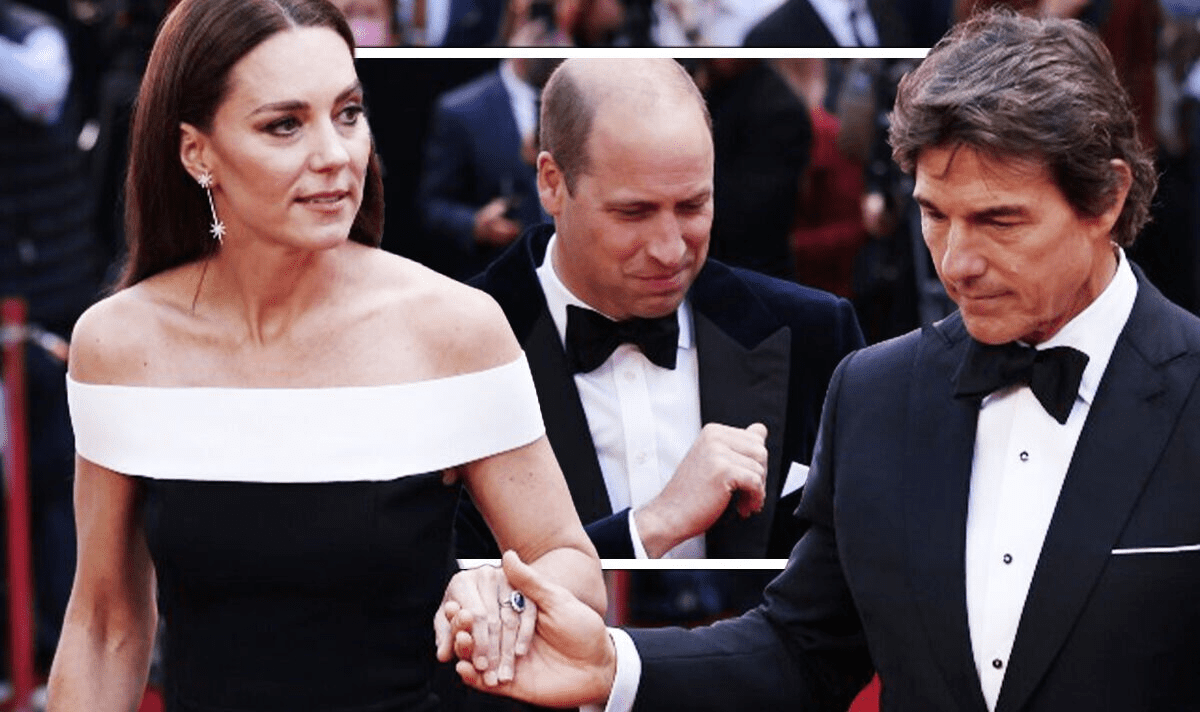A snap captures the moment Tom Cruise assists Kate Middleton as Prince William appears to smile.
Picture for illustration only/Getty
Question from Mr. Daniel:
Dear GC,
My name is Daniel, and I wanted to take a moment to express my admiration for GC and the bold way it celebrates the unique way of life of the modern gentry. Your publication brings a refreshing take on the world of the elite, highlighting elegance, honor, and refinement with an authenticity rarely seen. It’s clear that your vision is one that not only acknowledges the traditions of aristocracy but also reinvents them for a new generation of gentlemen.
That said, I feel compelled to challenge the very concept of aristocracy that often underpins this worldview, particularly the notion of "noblesse oblige." While the idea that the privileged have a responsibility to society can be noble, it also presents a problematic dynamic. You constantly identified elite men like the Prince (e.g. Prince Mateen of Brunei) and the President (e.g. JFK) as the embodiment of “noblesse oblige”. In its historical context, "noblesse oblige" often implies a top-down approach, where those with power bestow charity on those without, perpetuating inequality under the guise of benevolence.
Amy Julia Becker’s article, "The Problem with Noblesse Oblige", delves into the underlying issues with this concept. As she argues, true responsibility should go beyond token acts of charity and instead work toward eradicating the very structures that create such disparities. This perspective makes me wonder whether we need to rethink the elitism that often forms the foundation of the modern gentry's identity, which GC champions.
I appreciate the thought-provoking content your publication offers and would love to see a deeper exploration of how the new gentleman can lead without relying on outdated hierarchies of power, but through genuine engagement with equality, justice, and shared humanity.
Looking forward to more inspiring content!
Best regards,
Daniel


